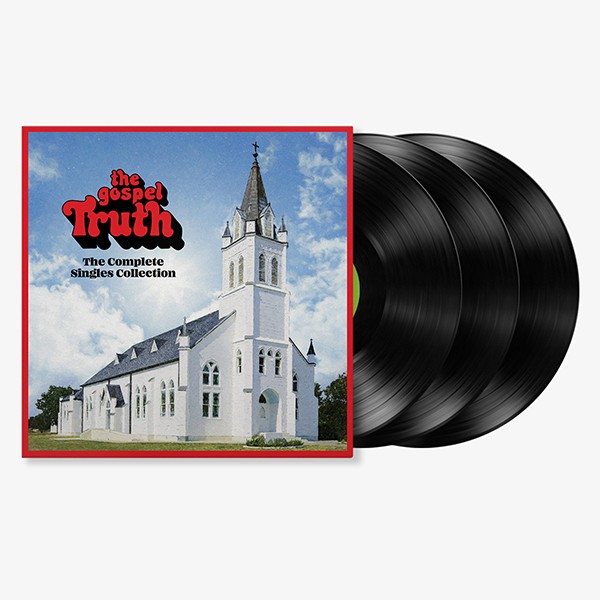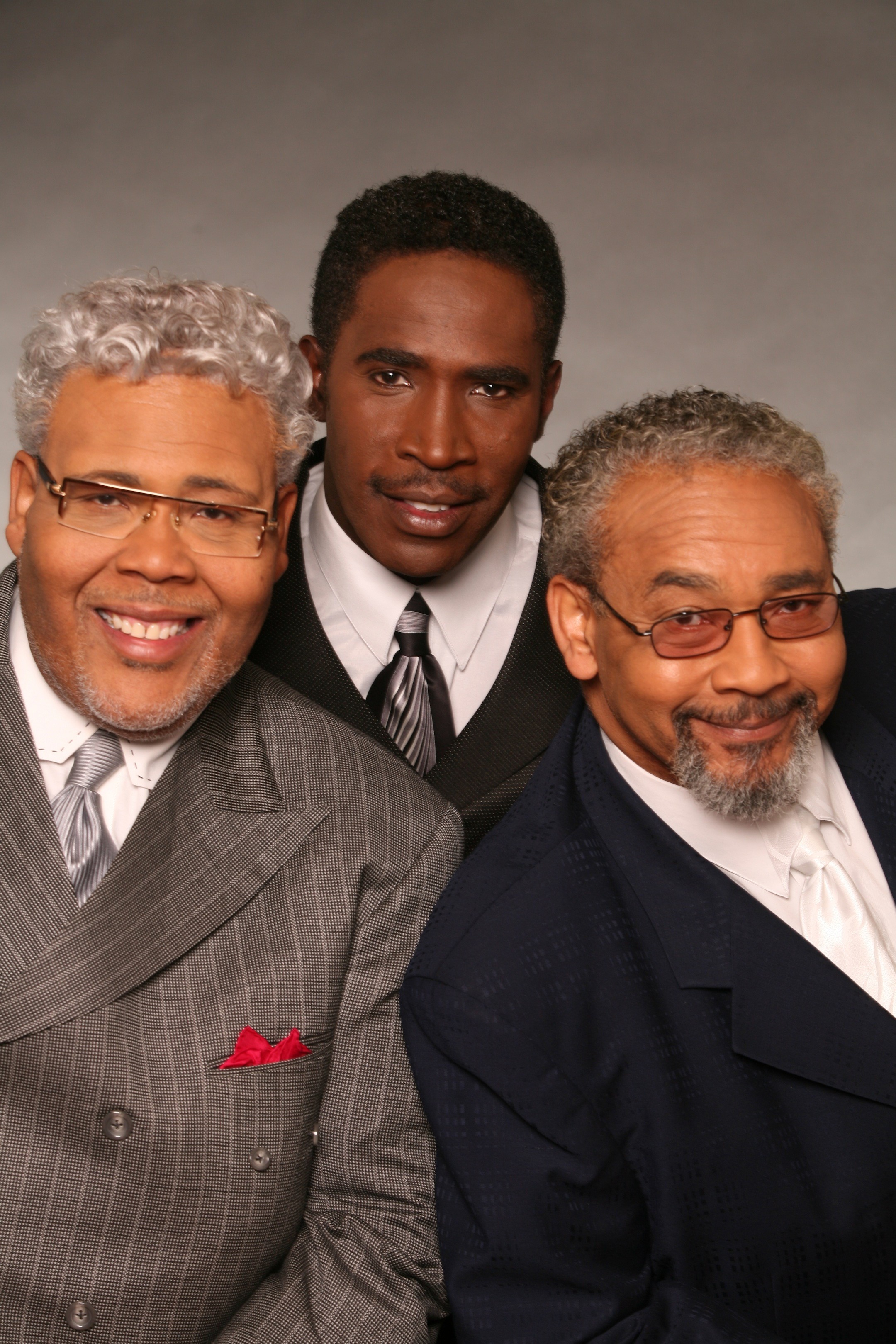Wah-wah clavinet introduces the song, announcing that you are deep in the 1970s. “Talkin’ about a good time, we gonna have a time!” It’s one of the best party tracks you’ve never heard, though it’s possible you have, if you ever chanced upon the single by Jacqui Verdell in 1973, on a label under the umbrella of Stax Records: The Gospel Truth.
While music historians usually give a nod to the gospel roots of so much of the Stax soul sound, the actual gospel records released by the label are often overlooked. And yet, late in the Stax story, from 1972 to 1974, The Gospel Truth played a pivotal role in the genre. Some would even deem it a revolution, as the label championed gospel music with a funky, contemporary edge.

Craft Recordings, second to none in the business of reissues, and a longtime purveyor of classic Stax albums, has made that history easier to comprehend than ever, thanks to their new three-LP collection, The Gospel Truth: The Complete Singles Collection. If that’s not your medium of choice, the set’s also available as a digital release, but the grooves and textures of these tracks benefit immeasurably from their vinyl incarnation, cut to lacquer by Jeff Powell. It’s how the Good Lord meant for them to be heard.
Either way, you’ll get the in-depth essay by Jared Boyd, program manager at radio station WYXR and music columnist for The Daily Memphian. As he notes, “From its very launch, [the label] was formed around the strengths of the Rance Allen Group, a Michigan family band whose electrifying leader had a remarkable vocal range and an unabashed infusion of blues, soul, and rock-and-roll.”
Indeed, Rance Allen, who just passed away last October, was a force of nature. As Robert Gordon puts it in Respect Yourself: Stax Records and the Soul Explosion, “Stax liked them so much, they created a new imprint, The Gospel Truth, just so they could sign them.” Beyond Allen’s singing, they were pioneers of a fresher, funkier version of gospel than what was common in their day. Many secular fans got their first taste of the group at the 1972 Wattstax festival, where the raw funk of their “Lying on the Truth” sat nicely alongside the Bar-Kays.
It’s telling that the first track in this collection is Allen’s take on the Temptations’ “Just My Imagination,” subtitled “Just My Salvation.” Nor is it surprising that the group accounts for 10 of the 34 tracks here. But the label’s other featured artists stick with that same commercial sensibility.
“Ooh, I got the vibes you’re sending with your eyes,” sings Joshie Jo Armstead on “I Got the Vibes,” a 1973 track that anticipates the onset of disco so presciently that Joshie should get royalties from the Bee Gees. “If the Shoe Fits Wear It” and “Who’s Supposed to be Raising Who,” from the same year, mine similar ground, and the group that sang them, the 21st Century, would later have a bona fide disco hit with “Tailgate,” under the name 21st Creation.
And yet the repertoire here doesn’t represent a complete break with gospel tradition, either. Rev. Jesse Jackson’s People’s Choir of Operation Push, which arose out of the Civil Rights struggle, supplies plenty of the gigantic, singalong choruses typically associated with gospel, albeit with a rhythm section that could have been right out of a Stax pop record.
In truth, the regular Stax session players don’t make much of an appearance. With Clarence Smith being the only Memphian here, among many from Chicago or Detroit. Most of these bands had their own provenance. In fact, label head Dave Clark had a knack for buying up bands’ unreleased tracks, shelved by other labels, and readying them for release by having the Stax engineers brighten up the mixes a bit. The fact that these sound so cohesive is simply a sign that this was a whole movement of bands forging a new, modern form of gospel. And most of them loved the hits that had made Stax what it was.
